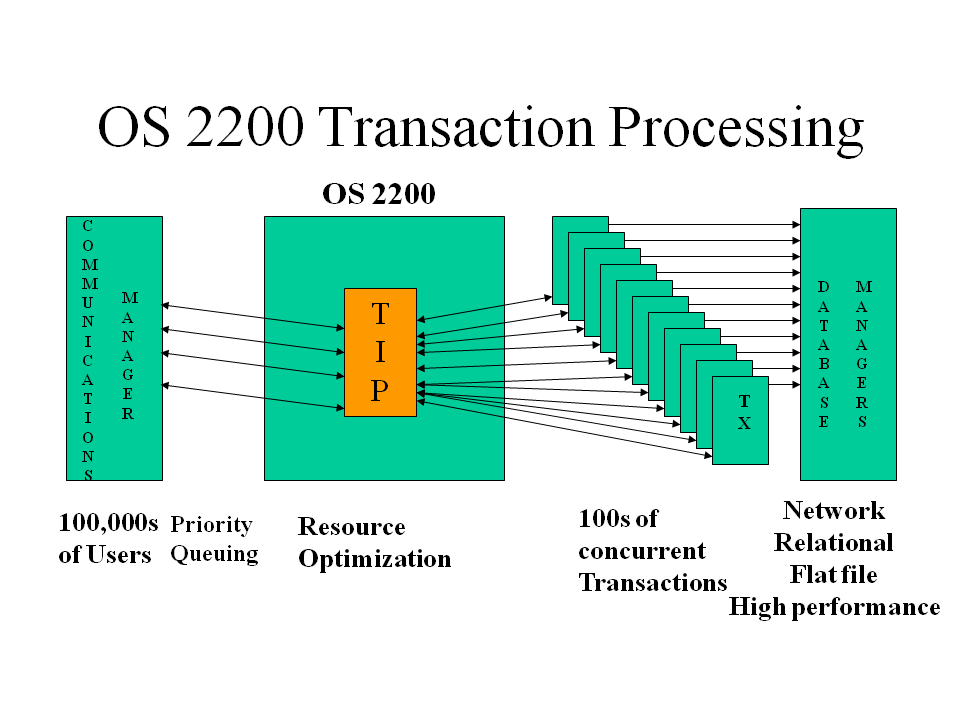Definition of Database Structure: The database transaction is the unit of activity in the database management system which can be recognized in a rational way being independent of other transactions. The main aim of the database transaction is to facilitate seclusion between various programs with the accessing activities of the database and facilitating for the reliable units to work. This will help in the recovery of the database and will prevent it from subsequent failure. The database transactions and their work units can assist the organization for maintaining their data integrity for the number of database tasks.
The transactions can be customized in such a way that they can fully complete their task or create no effect if the particular transaction remains unfinished. Therefore a typical transaction system can be designed in such a way that every transaction can only be separated from all other transactions featuring within the database at the same time. The results of the transaction are required for complying with the restrictions implemented within the database. Now, let us go through the general features of the database which governs the database transactions. The properties can be considered as the acronym ACID:

Atomicity: Atomicity can refer to either everything or nothing. The changes of the overall database can only take place if the particular transaction is completed and there will be no changes in case the transaction remains incomplete. This term can surely refer to the fact that the particular transaction is remaining inseparable to the observer and therefore the transaction never leaves behind the traces of existences.
Consistency: The database integrity may implement some rules for each database transaction and therefore the risks of the database failure can be reduced to a minimum level. Therefore the transaction can covert the database level from one state to another. The software development in the offshore companies can be engaged with the database transaction and will definitely ensure that the transformation process occurs in a regular basis. If the transaction process can be aborted before the completion of the activities, the database may continue to remain in a consistent manner so that the remnants of the aborted transaction are not visible within the database.
Isolation: The database transaction can work independently with one another. The concurrent transactions will remain invisible within the same database. Therefore isolation is required for allowing control and accessibility to different users.
Durability: This feature ensures that even if the database crash occurs, the transactions will still remain accessible. The non volatile memory storage can automatically retrieve the records of the transaction.
Beyond the ACID, there are also some additional features.
Locking: For facilitating the database management, the locking or two phase locking can be initiated with the control. The database object can be easily accessed if it can be properly locked in the process. Depending upon the lock type, the transaction can be blocked or postponed.
Concurrency Control: The various mechanisms of the database can handle isolation and the concurrency control. This feature can be used through the database and storage engines for ensuring the accuracy of the processes. The main aim of the concurrency control is to ensure the optimal level of database performance even there are few hindrances in the process.
Most of the organizations can use the standard transaction features of the database. In the present software development environment, the required factors can be customized according to the needs of the clients. As the customized solutions may not be cost effective to the small and medium enterprises, the generic options can be used for the standard database transaction packages. Therefore the logical units of the database can easily be executed through the database transactions.
Author Bio: Charlie Brown is a well known database expert who specializes in Enterprise Performance Management (EPM) since 5 years. In this article he shares his view on the database transactions and its detailed advantages.












